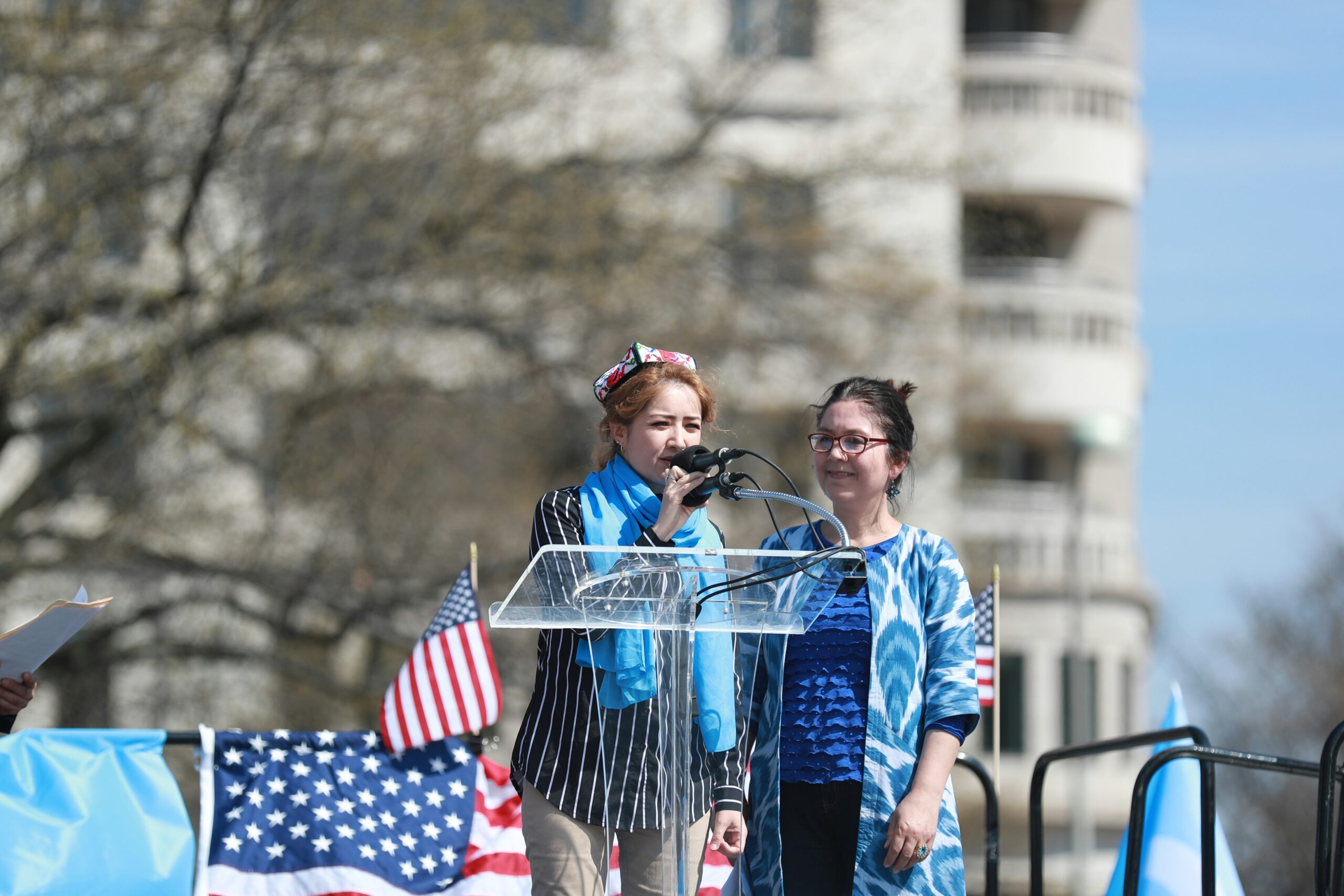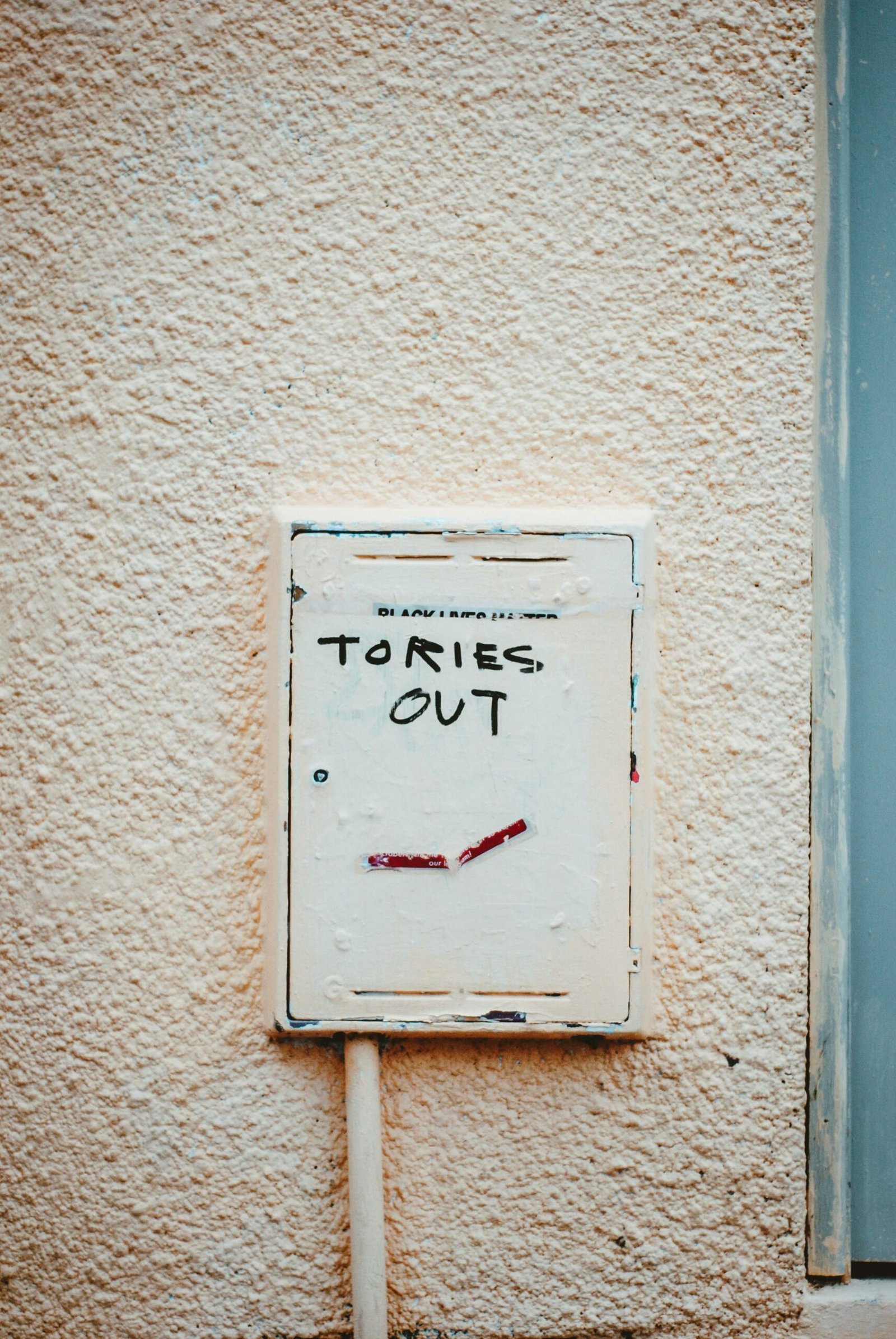
Background on the Gaza Conflict
The Gaza conflict is rooted in a complex historical context dating back to the early 20th century, marked by significant geopolitical shifts and territorial disputes. Following the 1948 Arab-Israeli War, the territory of Gaza was placed under Egyptian administration until the Six-Day War in 1967, when Israel occupied it. The establishment of Hamas, an Islamist militant organization, during the late 1980s further complicated the situation, as it emerged as a political and military force opposing Israeli settlements and control.
Over the years, numerous armed conflicts have erupted, notably in the years 2008, 2012, 2014, and more recently, escalating tensions have been exacerbated by issues such as blockades, rocket attacks, and retaliatory airstrikes. These events have led to a significant humanitarian crisis in the Gaza Strip, where residents face challenges ranging from limited access to clean water and electricity to widespread poverty and unemployment. The United Nations has frequently highlighted the dire humanitarian conditions and called for measures to protect civilian populations.
The perspectives of various stakeholders in the Gaza conflict are deeply rooted in history and diverging narratives. Israel asserts its right to defend itself against terrorist threats posed by Hamas, while Palestinians view their struggle as a fight for self-determination and recognition of their rights. This dichotomy has further complicated peace efforts, leading to cycles of violence and ongoing political strife. In recent discussions, the topic of genocide has emerged as certain actions and statements by military and political leaders have drawn scrutiny regarding international laws and humanitarian principles, amplifying calls for investigations into these allegations. Understanding the multifaceted dimensions of this conflict is crucial in addressing the severe humanitarian implications it presents for the affected populations in Gaza and beyond.
Pope Francis’ Statement and Its Significance
Pope Francis recently made a significant statement regarding allegations of genocide occurring in Gaza, urging for an independent investigation into these serious claims. This call highlights his commitment to a thorough and impartial examination of the situation in the region, reflecting the Pope’s deep concern for human rights and justice. By advocating for an investigation, Pope Francis emphasizes the necessity of accountability and the importance of addressing grievances through transparent and unbiased means.
The implications of his statement extend beyond mere rhetoric. By addressing the allegations of genocide directly, the Pope recognizes the severe moral consequences of such actions and the devastating impact they have on the affected communities. His remarks resonate with the long-standing teachings of the Catholic Church, which has consistently advocated for peace, justice, and the inherent dignity of every human being. Through this lens, the Pope’s stance can be seen as a moral imperative, consolidating the Church’s position as a voice for the marginalized and oppressed.
This appeal for an independent investigation could significantly influence international diplomatic discussions regarding Gaza. By framing the issue of alleged genocide in a moral context, Pope Francis potentially alters public perception, encouraging global leaders to prioritize humanitarian concerns over political considerations. The Catholic Church’s historical advocacy for peace further reinforces the notion that international responses should reflect compassion and respect for human rights. As such, Pope Francis’ urgent call not only seeks to bring awareness to the gravity of the situation but also aims to mobilize action from the global community, fostering dialogue and promoting unity in the pursuit of justice.
Responses from Global Leaders and Organizations
Pope Francis’ recent call for an investigation into the allegations of genocide in Gaza has sparked a range of responses from global leaders, international organizations, and humanitarian groups. The diverse opinions reflect the complex political landscape surrounding the Israel-Palestine conflict, with many leaders expressing both support for and criticism of the Pope’s demand.
Supporters of Pope Francis, including notable figures from various countries, have lauded his initiative as a crucial step towards accountability. Humanitarian organizations have echoed these sentiments, emphasizing the need for a thorough investigation to address the reported atrocities. Various NGOs, including Amnesty International and Human Rights Watch, have welcomed the Pope’s appeal, asserting that independent inquiries are necessary to ensure that those responsible for any potential war crimes are brought to justice. They argue that the allegations should be taken seriously and demand high-level scrutiny to safeguard human rights in the region.
Conversely, some political leaders and representatives have criticized the Pope’s statement, arguing that it exacerbates tensions and undermines diplomatic efforts aimed at resolving the conflict. They suggest that the focus should instead be placed on fostering dialogue between Israelis and Palestinians. Critics are also concerned that labeling the situation in Gaza as genocide risks inflaming an already volatile environment and mischaracterizing the complexities of the conflict.
Additionally, grassroots movements and civil society organizations have been actively engaging with the issue. Many local activists are mobilizing to raise awareness and push for accountability, reflecting a growing concern among people globally. They emphasize the importance of collective action and encourage communities to participate in discussions surrounding the implications of potential genocide allegations. Through peaceful protests and awareness campaigns, civil society is playing an instrumental role in shaping public discourse and urging world leaders to respond appropriately to the crisis in Gaza.
The Path Forward: Steps Toward Accountability and Peace
The recent calls by Pope Francis for an investigation into the allegations of genocide in Gaza resonate deeply within the ongoing discourse surrounding accountability in conflict zones. Addressing such pressing concerns necessitates a multifaceted approach that hinges on the effective application of international law and the fortification of frameworks designed to promote justice and rectitude. A pivotal first step involves the establishment of independent investigative mechanisms that enable the unbiased examination of alleged atrocities. Such actions serve not only to uncover the truth but also to hold those responsible accountable for their actions, fostering a culture of respect for human rights within all interested parties.
In addition to establishing investigations, dialogue and negotiation stand out as essential components in the journey toward peace in the region. It is crucial for stakeholders, including both local and international actors, to engage in sincere and constructive dialogue aimed at addressing the root causes of the conflict. This may include discussions related to humanitarian access, territorial disputes, and the rights of affected populations. An inclusive approach that integrates various perspectives can pave the way for sustainable solutions and help in rebuilding trust among communities.
Moreover, the significance of humanitarian assistance cannot be overlooked. As the situation in Gaza remains precarious, providing adequate support to the affected populations is imperative. As part of their responsibilities, the international community must prioritize the facilitation of humanitarian aid, ensuring it reaches those most in need without discrimination. In parallel, nations should be encouraged to uphold their obligations under international humanitarian law, protecting civilians and ensuring compliance with ethical standards during conflicts.
Through these concerted efforts—accountability mechanisms, dialogue, and humanitarian support—the path to peace in Gaza can become increasingly viable. The international community’s active involvement will be critical in navigating this complex landscape and contributing toward a more peaceful future.
- Ukraine Urges Ceasefire Extension, Iran: More Meetings Set, More
- Ukraine Proposes Extending Ceasefire, Iran Cites Progress, More
- Ukraine: Putin Trying to "Play With" Lives, US-Iran Progress
- China’s First Robot Marathon Runners Trip, Emit Smoke, Fall Apart
- Putin declares 30-hour Easter ceasefire in Ukraine




